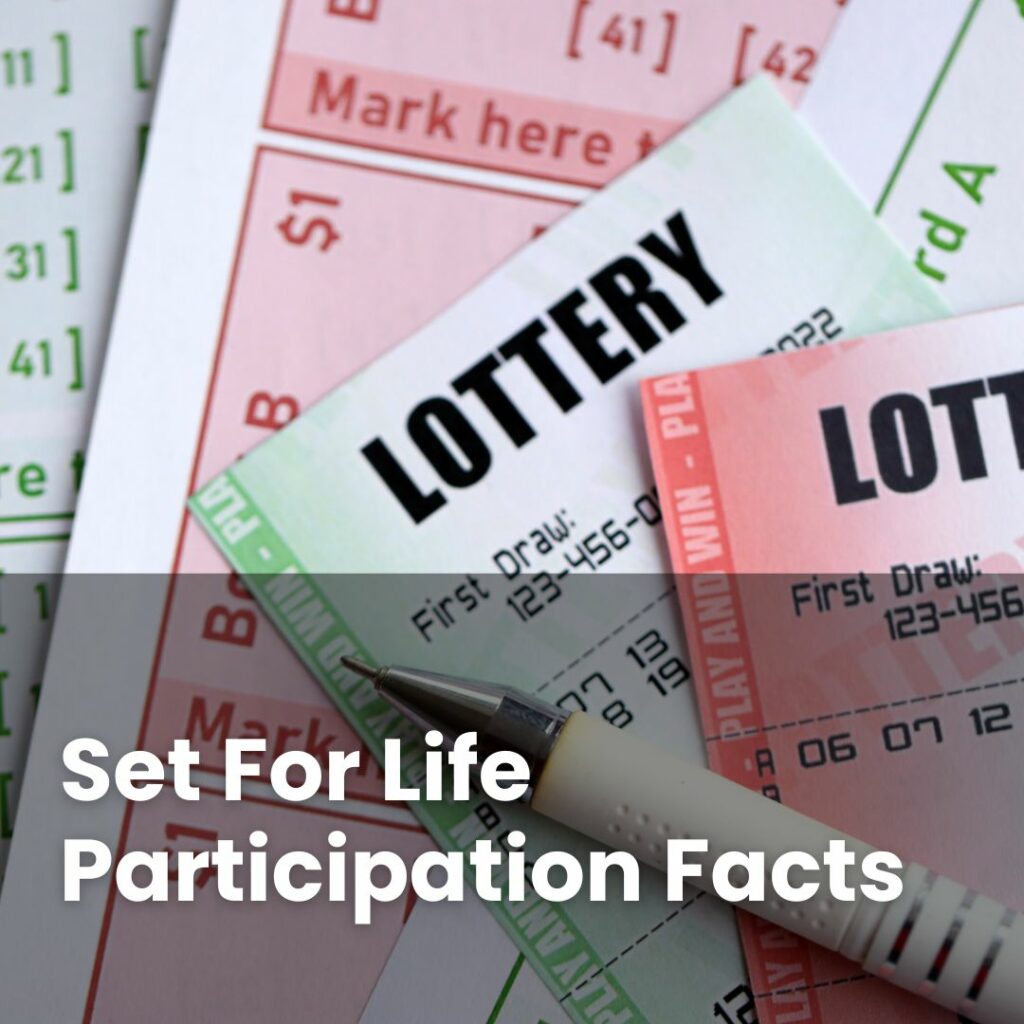Set For Life is one of the UK’s standout National Lottery games, offering something a little different from the usual jackpot format. Instead of a single lump sum, the top prize is paid to winners in monthly instalments over many years—something that appeals to players interested in the chance of winning regular instalments.
While the game garners a steady number of participants each week, not everyone is familiar with how it works or the steps in place to support responsible play. This post outlines key facts about who takes part, how the game operates, and what to keep in mind if you’re considering joining in.
Curious about how Set For Life fits into the wider lottery picture? Read on to learn more about the basics.
How Does Set For Life Work?
In Set For Life, players choose five main numbers from 1 to 47, plus one additional number—the “Life Ball”—from 1 to 10. Draws take place every Monday and Thursday evening.
Each line costs £1.50, and if you’re interested in playing, you can either pick your own numbers or use the Lucky Dip option for a random selection. Potential prizes depend on how many of your numbers match the draw. The top potential prize is £10,000, paid every month for 30 years, with other prizes awarded as one-off payments for matching fewer numbers.
How Many Try Their Chances With Set For Life?
Set For Life draws in a wide range of players across the UK every week, although the number of entries can vary from one draw to the next.
While the National Lottery doesn’t always release game-specific participation figures, millions of adults take part in its games each year. Thanks to its unique prize structure, Set For Life has become a popular choice among regular players.
If you’re looking for up-to-date results or participation data, the official National Lottery website is your best source.
See Our Top-Rated Online Casinos
Find the best online casino bonuses, read reviews from real players & discover brand new casinos with our list of recommended sites
Understanding The Odds
Set For Life operates on fixed odds, which means your chances of winning remain the same no matter how many people enter each draw.
To claim the top prize—£10,000 a month for 30 years—you would need to match all five main numbers plus the Life Ball. The odds of doing this are 1 in 15,339,390. Matching just the five main numbers (without the Life Ball) gives you odds of 1 in 1,704,377. Other prize tiers, which require fewer matches, come with increasingly favourable odds.
Having a clear understanding of these odds can help you make more informed choices if you’re considering taking part.
Set For Life Or Lotto: Which Stands Out?
Both Set For Life and Lotto are popular National Lottery games, but they differ in a few key ways.
Set For Life offers ongoing monthly payments, while Lotto delivers its jackpots as lump sums. Ticket prices also vary—£1.50 per line for Set For Life and £2 for Lotto.
Draw days are different, too: Set For Life takes place on Mondays and Thursdays, while Lotto draws happen on Wednesdays and Saturdays.
If you’re choosing between the two, think about what kind of prize appeals most to you, how much you’d like to spend, and which schedule fits your routine. You’ll find information about both games—and how to play responsibly—on the official lottery website.
Is The Set For Life Game Popular?
Since its launch in 2019, Set For Life has grown into a staple game for many National Lottery players in the UK. Its appeal lies in the simplicity of its format and the prospect of financial support over a long period through monthly payments.
According to reports from the National Lottery, millions of tickets are sold across all its games every year, and Set For Life has become a staple option for many lottery players.
The game also comes with clear guidance on how to play responsibly. From setting personal spending limits to accessing helpful tools, there’s plenty of support for anyone looking to take part in a responsible way.
Whether you’re thinking about giving Set For Life a try or simply want to understand it better, having the right information can help you make more informed choices.
As always, it’s important to keep responsible gambling practices in mind and never spend more than you are willing to lose.



